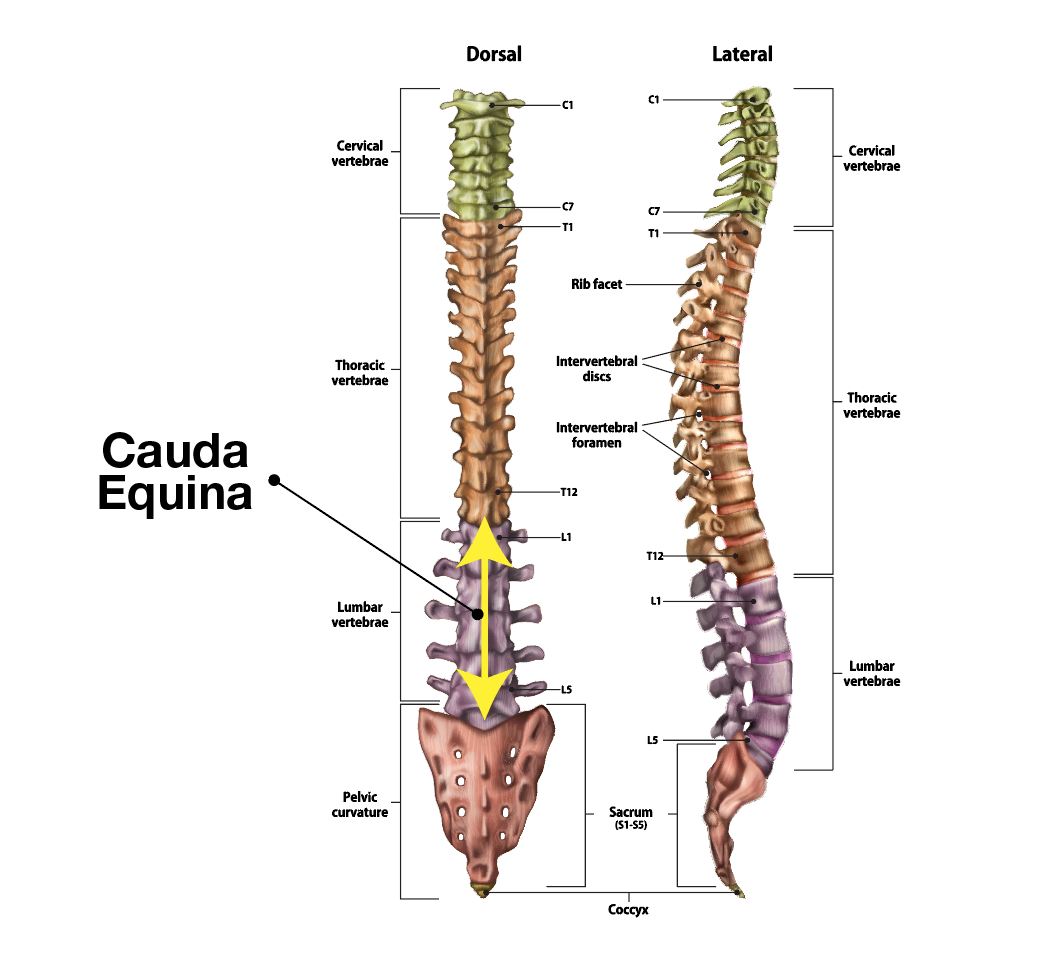When to go to the Emergency Room for Back Pain
Note: Healthpointe does not offer emergency services. If you are experiencing any of these symptoms, you should go to an emergency room, or call 9-1-1 right away. Healthpointe is available for non-emergency spinal consultations.*
Normally, slight to moderate back pain does not necessitate prompt emergency care, as it frequently originates from a strained or pulled muscle, other soft-tissue injury, or improper movement of the spinal joints. Chronic back pain as the result of an underlying issue can take months or even years to treat, and can require consistent visits to a specialist, as well as medication, physical therapy, and more to resolve. People who go to the emergency room to quickly resolve pain may be disappointed, and especially during COVID, it doesn’t make sense to go to the hospital any more than absolutely necessary.
However, at a certain point, you may need to go to the emergency room due to your back pain. There are three main circumstances accompanied by back pain in which you should seek immediate medical attention. Doing so in a timely fashion could prevent disability and even death.
Severe Pain Accompanied by Nausea, Vomiting, Fever, or Loss of Consciousness
When spine pain is accompanied by these symptoms, it could be an indication of a severe, internal injury. For example, people who have significant kidney issues often report pain in their lower back.
Because of how close the kidneys are to the lower spine, back pain is often a symptom of other severe kidney problems. Other symptoms of kidney problems include nausea, fever, and vomiting. Further, because there are so many nerves in the spine, severe spine pain paired with nausea and vomiting can be linked to m, and is a cause for immediate concern.
Severe Pain Following an Accident or Trauma
If you are experiencing back pain immediately following an accident, such as a car crash, you should go to the ER right away, as it could be an indication of a more severe or debilitating spinal injury.
Whenever you injure your spine in a traumatic or jarring way, you should get help immediately. Spine injuries can turn south quickly, and the window of opportunity to fix what happened can be narrow.
Severe Pain Accompanied by Numbness and Loss of Bowel or Bladder Control
Numbness in the lower extremities is often a sign of a neurological issue. Combine that with back pain, and you have a recipe for disaster. A common description of paralysis is an inability to feel certain body parts. Severe spinal injuries can result in paralysis, and oftentimes, victims are slow to the jump in getting treatment.

Further, loss of bowel or bladder control can be an indication of Cauda Equina Syndrome, or CES. CES is a condition that occurs as a result of a spinal disc pressing against the bundle of ner
ves at the bottom of the spinal cord, known as the cauda equina. Other symptoms can include a recent onset of sexual dysfunction, a loss of reflexes in the extremities, and motor weakness in one or both legs. If left untreated, CES can result in permanent paralysis and incontinence.
How Healthpointe Can Help
Again, Healthpointe does not offer emergency services. If you are suffering from back pain shortly after a traumatic injury or accident, or if your back pain is accompanied by nausea, fever, numbness, or incontinence, go to an emergency room or call 9-1-1 right away. That said, for less severe back pain, or for recommendations concerning preventing spinal injuries, Healthpointe is your one-stop shop. Our doctors work alongside our patients to construct detailed treatment plans catered to each individual’s needs. To find out more about programs for spine pain at Healthpointe, call (844) 887-7882, or visit Healthpointe.net.

